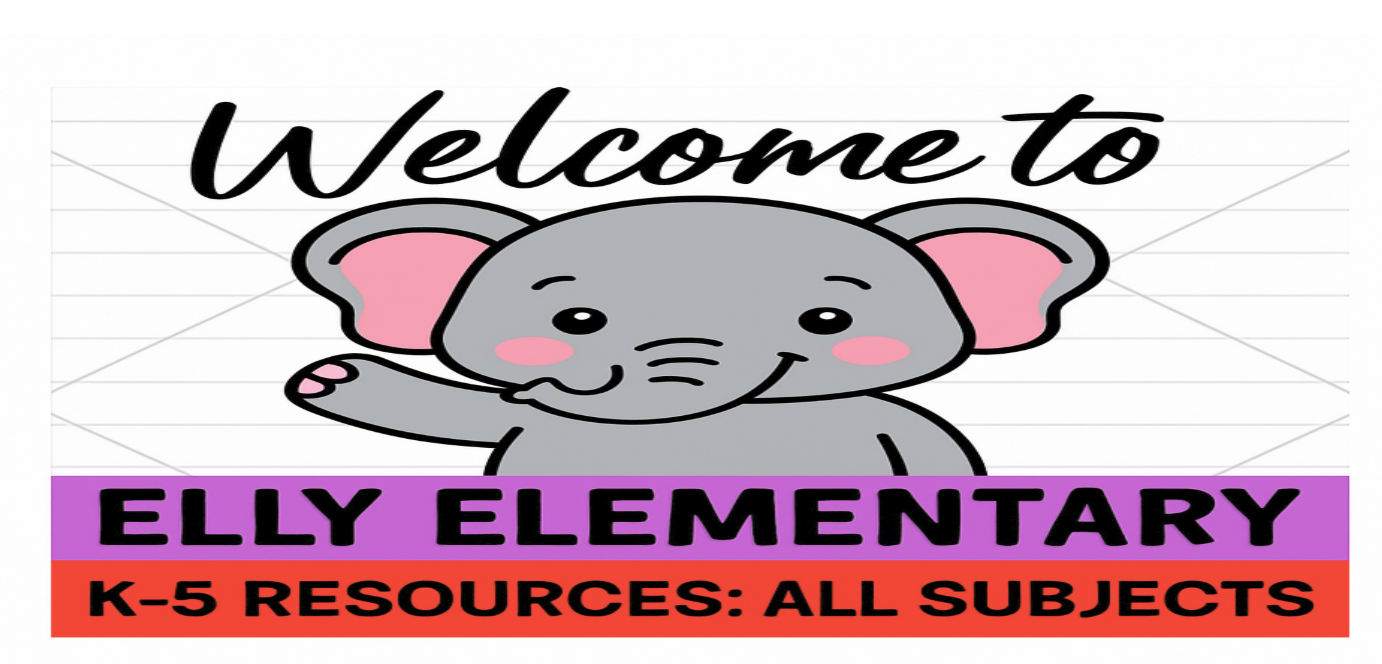Teaching children about Martin Luther King Jr. is important for several reasons:
- Civil Rights Movement: Martin Luther King Jr. was a central figure in the American Civil Rights Movement during the 1950s and 1960s. His leadership and advocacy played a crucial role in the struggle for racial equality and justice. Teaching children about King helps them understand the history of civil rights and the fight against discrimination.
- Promotion of Equality: Martin Luther King Jr. advocated for the idea that all individuals should be judged by their character rather than the color of their skin. Teaching children about his message promotes the values of equality, justice, and fairness, encouraging them to treat others with respect regardless of their race or background.
- Nonviolent Resistance: King was a proponent of nonviolent resistance as a means of achieving social change. Teaching children about his commitment to peaceful protest and civil disobedience instills the importance of resolving conflicts without resorting to violence.
- Historical Context: Learning about Martin Luther King Jr. provides children with a historical context for understanding the challenges faced by African Americans during the Civil Rights era. It helps them comprehend the struggles, sacrifices, and progress made in the ongoing fight for equal rights.
- Inspiration: King's life and work serve as an inspiration for children to stand up against injustice and work towards positive change. His famous speeches, such as "I Have a Dream," convey powerful messages that can motivate children to strive for a more inclusive and equitable society.
- Global Impact: Martin Luther King Jr.'s impact extends beyond the borders of the United States. His teachings and philosophy have inspired movements for civil rights and social justice around the world. Teaching children about his global influence broadens their understanding of human rights and social issues.
- Promotion of Diversity: Incorporating Martin Luther King Jr.'s teachings into education helps promote diversity and inclusion. It encourages children to appreciate and celebrate differences among individuals while fostering a sense of unity and solidarity.
Check out this resource to teach your class about Martin Luther King Jr. this year -
MARTIN LUTHER KING JR. - READING COMPREHENSION, WRITING & EXTENSION ACTIVITIES

In summary, teaching children about Martin Luther King Jr. is essential for imparting important historical and moral lessons, promoting values of equality and justice, and inspiring them to contribute positively to society.



Comments ()